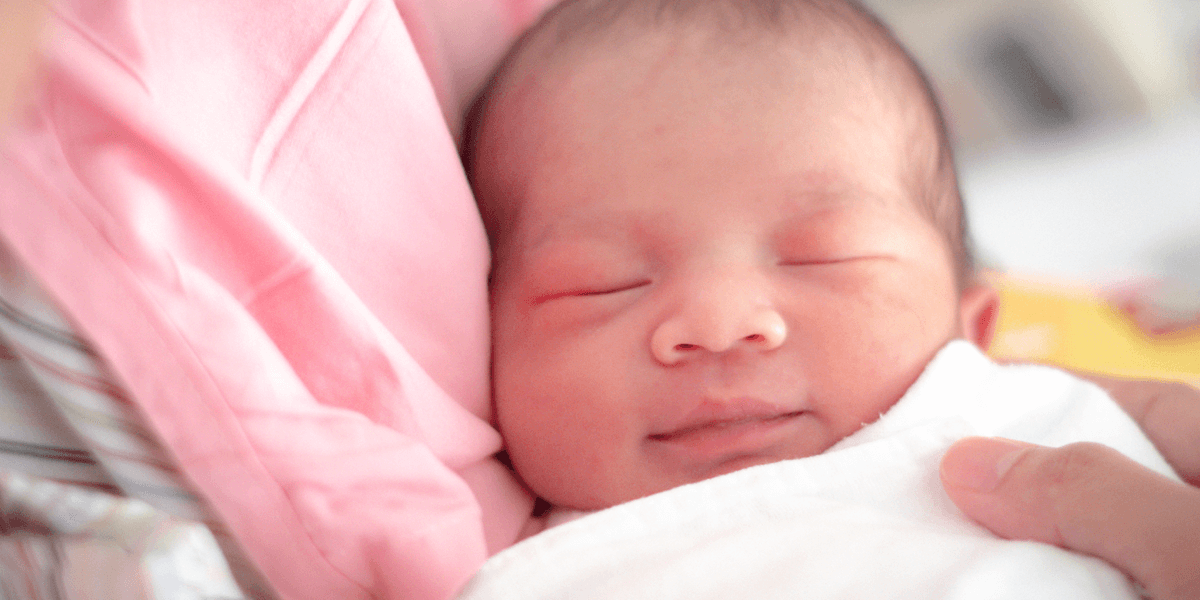
From the first moment a baby comes into the world, everything they have ever known has changed. They are no longer in a perfectly set temperature environment that meets their every need without thought – they are now outside the womb, with no maternal circadian rhythm to guide their wake/sleep cycles, no food on demand so they don’t get hungry, no constant soothing motion so they don’t get stressed, ect. And now they are dependent on us to meet their every need.
One of the great ways we can help them begin to adapt to and feel secure in this new environment is through schedules/routines. From the first routines of eating, playing, and sleeping, we start to set patterns for our children that give them an understanding of everyday events, procedures and routines. This helps them both cognitively and physiologically because things become predictable. They wake up and they get hungry, they interact and play and then go back to sleep. This also helps them as they learn to trust you and feel more comfortable in this outside environment.
Schedules/routines influence infants’ social, emotional, and cognitive development.
Infants ( and later toddlers/preschoolers and young children) who have effective schedules/routines are often more engaged with their environment and the people around them. Young children learn to anticipate changes in routines, and they slowly become more independent as they learn what each routine entails. If schedules/routines are predictable, have appropriate transition cues, and have room for flexibility, they will help with feeding and sleep scheduling and reduce challenging behaviors (tantrums, hitting, biting, ect.) in infants and toddlers and in older children.
Schedules/routines that tell the baby what to expect ‘next’ are what we mean by influencing their social development. Take bath time for example: The bath time routine can be a great morning wakeup or a signal that it is now time for a good night’s sleep – depending on whether your baby finds a bath stimulating or relaxing. Observing how your baby responds and then using bath time as the appropriate social cue in a regular routine will help babies learn what to expect and that helps them feel secure – part of the emotional aspect of development. Don’t worry if your baby doesn’t like to take a bath right away ( a warm cloth over their body with regular warm water poured over the cloth often helps the little ones); this is common and most babies adapt very quickly.
Emotionally, routine is a big part of what gives our babies a sense of security. Babies like a predictable world, and for good reason. For very young children, every day is packed with learning and excitement, and routines provide relief from all that work – after all, play and learning is a baby’s work.
For cognitive growth and development, routine is also important. An example is play. Even very young babies need gentle playtime in their day. They really are little sponges, and that’s when they soak up their world: investigating fingers, toes, toys and faces. They will be more secure in their learning if playtime feels routine and familiar. All of this is super important for their cognitive brain development.
Everyday routines can be predictable and flexible at the same time.
The reality is for every family, it’s going to look a little different, so we focus more on the pattern and routines created and less on the time schedule. Time schedule is still very important but we need to have flexibility. That means looking at your life and then figuring out the best way to have the baby fit into that schedule. Babies are a wonderful thing, but we have to remember as parents that we cannot get so wrapped up in the baby that we lose sight of ourselves or our partner if we have one. So predictability (the same thing happens in the same order each day), along with flexibility (we still need to have our pattern, but it might shift depending on when an appointment must be attended or a daycare/school drop off or pick up needs to happen) make a more realistic routine. In general, most experts who work with families recommend a schedule/routine with an eat, play, sleep type pattern. This concept gives the baby and the parent the predictability needed to plan everyday life, but the flexibility to adjust based on needs throughout the day.
*My personal recommendation is that during weeks 4 -16, vary from your schedule/routine as little as possible – help it get cemented for both you and baby, and you will have much more success and far less stress, particularly in the areas of sleep. Keep in mind that just like adults, what happens during the day directly affects what happens during the night.